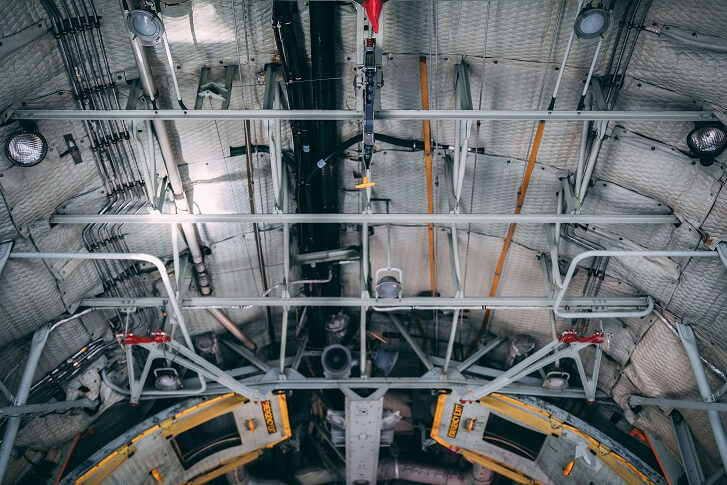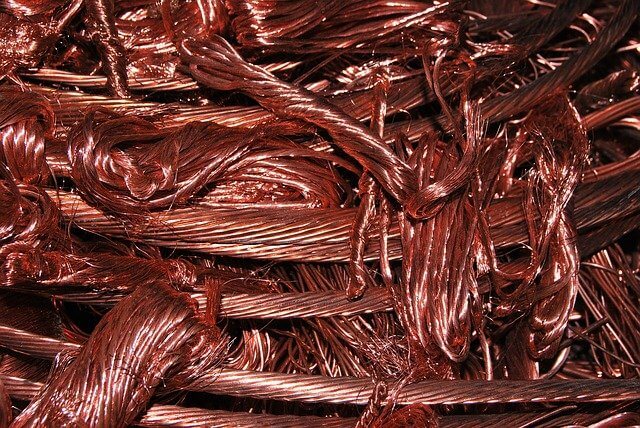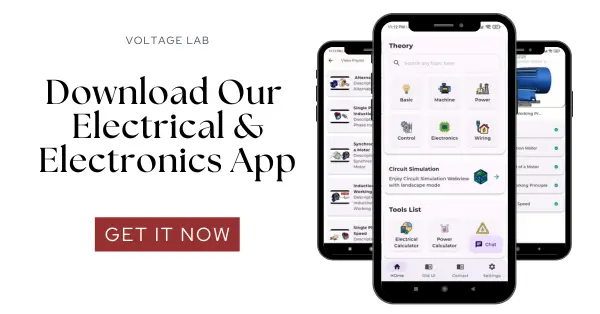Do you know about industrial wiring? This article goes through the electrical wiring of industrial buildings and facilities in great depth.
What do you mean by Industrial Wiring?
Wiring is essential in energizing a location. If the wire is weak or defective, it may represent a significant risk. To ensure that you acquire the correct wire for your needs, you must understand how to,
- Identify it,
- Buy it, and
- Install it properly.
Commercial and industrial facilities, in addition to residential regions, require electrical systems. Intelligent Industrial Wire And Cable is generally a system consisting of four phases of electricity. Three-phase electricity reduces the stress put on each individual wire while allowing all three to work together to produce the best results.
People who read this article also read: What Causes an Intermittent Power Outage and How to Solve It?
Industrial Wire And Cable
Industrial Wire And Cable can be smaller with three-phase power, much as a three-phase electric motor can be smaller than a standard single-phase motor. Electrical equipment often employs a wide range of wires and cables. It is critical that we appropriately identify and utilize the wires. The incorrect wire type will cause operational issues and may be harmful. Because each type of equipment has different wiring needs, operator safety is dependent on your awareness of the variations between residential and industrial wiring.
When it comes to electrical demands, one size does not suit all. Industrial wire installation, for example, differs from residential wiring installation since each location has unique lighting and electrical requirements. When wiring your building, it’s critical to understand the fundamental distinctions between them to guarantee optimal lighting quality and safety.

Types of Industrial Wiring
The following are the most frequent industrial wiring types to be aware of:
MTW: Versatile, as used in industrial control panels.
THHN: THHN is a more robust wire that is widely in use for houses or commercial structures. It can be stranded or solid wire.
XHHW: Rigid, yet provides better insulating protection than THHN at higher working temperatures and voltages.
Characteristics of Industrial Wiring
1. The substance to use for insulation:
Insulation is a substance that resists the flow of electricity. Insulation’s function is to prevent electrical leakage. It also keeps the electricity in the wires from coming into touch with other conductors. The insulation material determines the wire’s safety and efficacy.
2. Whether it is solid or adrift, and how flexible it is:
It is critical to understand which wire to utilize. Which one has solid conductors and which one has floating conductors?
- Conductors that are solid: A single piece of metal builds them. It is harder than a stranded conductor, but it is more stiff and less flexible. A wire with a solid conductor is far more prone to break when subject to continuous bending.
- Conductors that are stranded: Numerous tiny strands makes them that connect to form a single conductor. It is more malleable than a solid conductor, but it is less durable.
3. Whether it is solid, stranded, or flexible:
It is critical to understand which wire should be in use. Is it one with solid conductors or one with stranded conductors?

- Solid conductors: They are composed of a single piece of metal. It is harder than a stranded conductor, but more stiff and less flexible. When exposed to regular bending, a wire with a solid conductor is far more likely to break.
- Stranded conductors: They are made up of numerous tiny strands that are joined together to form a single conductor. It is more flexible than a solid conductor but less durable.
People who read this article also read: Overhead Line Sag Tension with Calculation and Example
4. Its composition
Copper and aluminum are most often in use as materials for electrical wire. They are not the finest conductors, but they are abundant and inexpensive. Gold is also employed in applications due to its resistance to corrosion.
A conductor is a substance that facilitates the flow of an electric current. It must be a very excellent conductor in the case of a wired connection. Most metals are good conductors. Copper is the most frequent conductor in wire, however other materials such as aluminum may be in use. An insulator, on the other hand, is a substance that prevents the flow of electricity. Insulators include rubber and most polymers.
Conclusion
I hope you enjoyed my ultimate guide to your question: what is industrial wiring?
Now I’d like to hear from you: Do you know the characteristics of industrial wiring? Do you have any idea about the composition of industrial wiring?
Either way, let me know by leaving a quick comment below.



